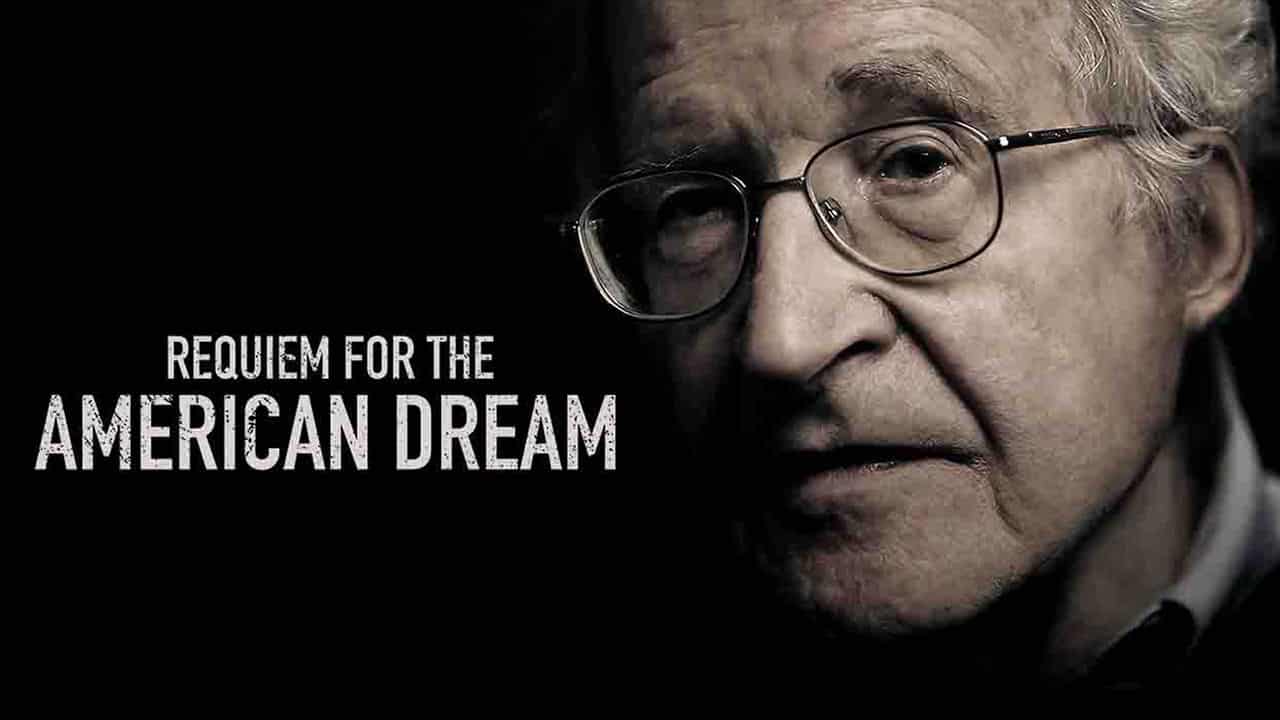Requiem for the American Dream
Requiem for the American Dream features Noam Chomsky, one of the most influential intellectuals of our time, as he discusses the defining characteristic of contemporary American society: the deliberate concentration of wealth and power in the hands of a select few. Through a series of interviews conducted over four years, Chomsky unpacks the principles that have led the United States to a crossroads of unprecedented inequality.
The documentary traces a half-century of policies designed to favor the most wealthy at the expense of the majority. Chomsky discusses how these policies have resulted in the erosion of the middle class and the decline of functioning democracy. He provides a historical perspective on this trend, drawing parallels between current economic conditions and previous periods of extreme inequality in American history, such as the Gilded Age and the Roaring Twenties.
Chomsky argues that the concentration of wealth inevitably leads to a concentration of political power. He explains how this process creates a vicious cycle: as wealth becomes more concentrated, it translates into greater political influence, which in turn leads to legislation that further increases the concentration of wealth. This cycle, according to Chomsky, has been accelerating since the 1970s.
The documentary covers a range of topics related to this central theme, including the financialization of the economy, the offshoring of production, and the deliberate efforts to increase worker insecurity. Chomsky discusses how these factors have contributed to the decline of the American Dream and the erosion of class mobility.
Throughout Requiem for the American Dream, Chomsky reflects on his own life of activism and political participation. He shares his experiences and observations from the Great Depression through the civil rights movement of the 1960s and up to the present day. This personal perspective adds depth to his analysis of the long-term trends in American society and economics.
The documentary also touches on the role of education, media, and other institutions in shaping public opinion and maintaining the status quo. Chomsky argues that there has been a concerted effort by elites to limit democracy and keep the general population passive and apathetic.
Despite the sobering nature of much of the content, the documentary also carries a message of potential empowerment. Chomsky emphasizes that power ultimately rests in the hands of the governed, suggesting that collective action and engagement in the democratic process can potentially reverse these trends.










